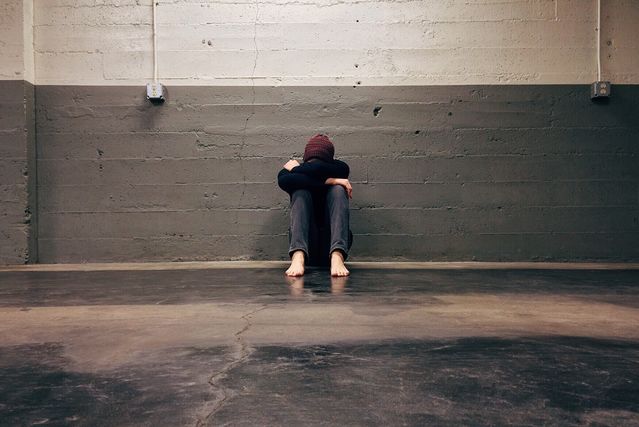Depression
What to Do When Your Son Tells You He's Depressed
Parents can use these 5 strategies to help their sons cope with depression.
Posted April 9, 2019 Reviewed by Devon Frye
“Mom, I’m depressed.” No parent wants to hear those three words. And if they do, they may be caught off guard. Parents of teenagers I have worked with, especially parents of teenage boys, have often remarked that they did not know anything was wrong.
While rates of depression are higher in teenage girls than in teenage boys, there tends to be more focus on talking with girls, which can help parents recognize early signs of depression. Boys, however, may be less likely to talk about their feelings, so when they do, it can be scary and surprising for parents. How you respond, as a parent, can help alleviate some of the fear that your son may have about opening up. As a psychologist and a mom of teenage boys, here are five suggestions for parents who learn their son is depressed.

1. Listen to what he is saying.
It is difficult for us, as parents, to hear that our kids are hurting. We have a natural tendency to try to fix problems for them or at least help them feel better. We learn, over time, to not overreact to every little thing. For cuts and scrapes, it is easy to clean it up and put on a band-aid. But when your son reaches out and says he feels depressed, it is important to stop, take a breath, and really hear him, without minimizing his experience. He’s opened the dialogue, so do what you can to keep it open.
2. Find a therapist.
Talking about mental health is difficult for many. Talking about our kids’ mental health is especially difficult. You want to protect your son and not share all of his secrets, but being okay with asking for referrals can also help normalize mental health and reduce the stigma surrounding depression. How do you find a therapist? One of the best ways is to ask your friends or those close to you. When your son tells you he is depressed, finding a therapist who is a good fit for your son can give him support and perspective. You can also find a therapist on the Psychology Today Therapy Directory.
3. Help him find joy.
When people are depressed, they tend to lose interest in activities that they previously enjoyed. For your son, particularly during the teenage years, it may be difficult to determine what brings him joy. Try to find something that makes him smile, such as a movie, skateboarding, or video games. Even if you don’t understand it or appreciate it, something that seems fleeting and short-term can create a positive memory and give him a glimmer of happiness and hope.

4. Encourage him to exercise.
Exercise can help reduce symptoms of depression. Boys can benefit from moderate exercise to help them develop healthy coping and positive outlets for mood symptoms. If he doesn't like to exercise or doesn't want to, encourage him to spend some time outside. Being in nature can ease depressive symptoms, and it can provide an activity to do together.
5. Let him know that it’s okay to not be okay.
If we want to set our sons up for success, they need to be prepared for difficulties along the way. It is important to let them know that there is nothing wrong with feeling down or asking for help. Normalizing their experience can help make it easier to cope.


